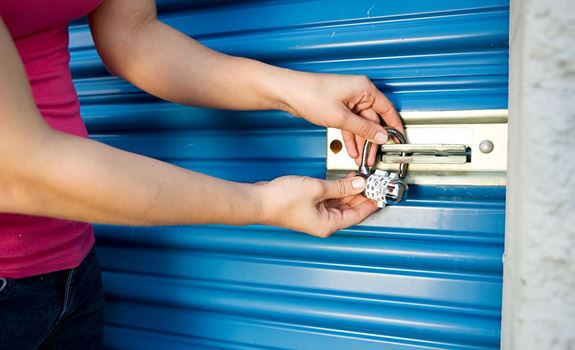After years of renting apartments in major cities, many people decide they’re ready for something new: a house with a yard out in the country. Being a new homeowner is exhilarating, and it’s easy to get swept up in the excitement of moving to a new place without really thinking about or preparing for the differences country life might bring.
Here are four things to consider ensuring that your transition from city to country living is as smooth and pleasant as possible.

#1 Have a Pest Control Plan
Obviously, city apartments have their fair share of unwanted household pests. However, when you move to a house in the country, you’re entering a whole new world of critter couch crashers. Ants, termites, and other insect infestations are a common reality in suburban and rural environments, so having a reputable pest exterminator on your team is an essential aspect of country life. You’ll rest easier knowing that the solution to any unexpected pest-related problem is one quick phone call away.
#2 Be Prepared for New Nighttime Noises
If you’ve been living in a city for a long time, you’re probably used to falling asleep to traffic, music, and other human-created sounds. When you move to the country, you’re likely to be kept awake by the unfamiliar noises made by insects, frogs, owls, and other local wildlife. Some city-dwellers even find silence unsettling and have a hard time falling asleep when there’s nothing going on outside.
Fortunately, there are many ways to address sleeplessness caused by country sounds or silence. A quality white noise machine can help cover up unfamiliar new sounds and help you get to sleep by mimicking the dull roar of the city soundscape. You can achieve a similar effect with radio static, or by running a fan or air conditioner while you sleep.
#3 Get to Know Your Neighbors
Neighborhoods and neighbor relationships vary widely from city to city. While some blocks and apartment buildings are highly community-oriented, it’s also common to live in the apartment next door to someone for years and never exchange a word with them.
In most rural communities, neighbors tend to know one another pretty well, and neighborhood activities are often a vibrant part of country life. One way to enhance your neighborhood experience is to host a backyard barbecue and invite everyone on your street to come over. If you’re shy or introverted, you could also try baking cookies or leaving a friendly note on your neighbor’s door when you move in. Building relationships with your neighbors will go a long way toward making you feel comfortable and welcome in your new environment.
#4 Learn About Lawncare
While there are a lucky few exceptions, most city dwellers never end up having their own grass lawn to care for. You might wonder, how much maintenance does a yard really need? Grass is a plant, after all; it just grows on its own, right?
In actuality, a lot of effort goes into creating and maintaining an attractive lawn. You’ll need the right equipment, such as lawnmowers, rakes, and sprinklers. If there are several trees on your property, you might need to plant a type of grass that grows well in shade. Fortunately, your new neighbors can help you out by lending you their equipment, recommending local landscaping experts, and providing experienced advice.
Get the Most Out of Your Country Move
Don’t let the many differences between city and country life overwhelm your enthusiasm about your new home. Focus on these four strategies to get the most out of the transition into a rural lifestyle.
Published in: Home advice | Author: Lynn






